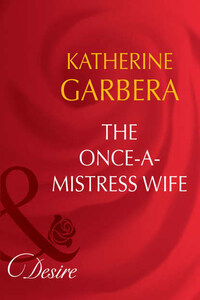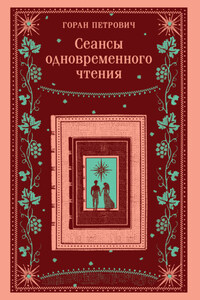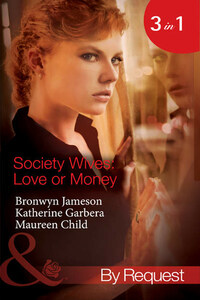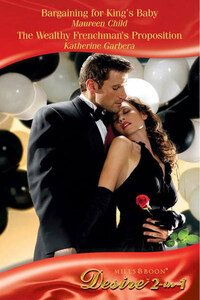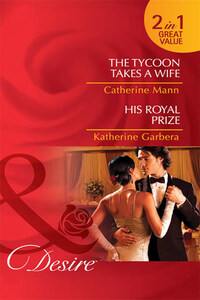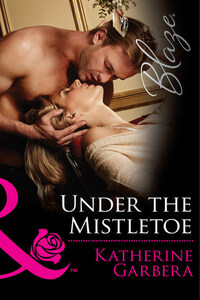Mary Duvall stood over the open casket of her grandfather, David Duvall. Tears burned the back of her eyes, but she kept them in check, very conscious that Grandfather David had always wanted her to be composed in public. Thatâs why sheâd closed the doors to the viewing room and entered it alone.
The old Mary would have wept loudly and cried her grief with sobs and moans, doing everything in her power to get those emotions out. But now she buttoned them down. Ignored everything but the need to touch his face one last time.
She touched his cold, makeup-covered skin and shivered inside. She felt so alone. She was all alone now. Her parents had died years ago in a car accidentânot that theyâd ever been close. And her younger brother, their perfect child, had been in the car with themâalso gone.
She liked the new life she was carving for herself in Eastwick, Connecticut, at her grandfatherâs behest. Sheâd returned from Paris when sheâd learned his health was failing. Heâd offered to make her his heir if she proved she was no longer the rebellious wild child he remembered.
âIâm going to make you proud, Grandfather. No more embarrassment over my behavior.â
She leaned down, brushing her lips over his dry forehead and wishing for just one second that he could embrace her. Her childhood had been difficult to say the least and Grandfather David had been as disapproving as everyone else in the Duvall clan, but heâd always hugged her as she left.
He was the only one to ever do anything like that. She would miss him more than sheâd realized.
A knock on the door interrupted her farewell.
She glanced at her watch. Damn, it was almost time for the public viewing. No doubt her cousins would be outside demanding some private time with a man they cared about only for his money.
Mary wanted to use the Duvall estate to benefit others. She intended to establish a trust that would be used to create neonatal units at hospitals in lower-income areas. She also hoped to sponsor an art-focused summer camp for underprivileged children. She had never been encouraged to paint as a child, even though her earliest memories were of having a paintbrush in her hand. She loved to create new worlds on canvas.
Her work was garnering attention in Europe and she enjoyed the money sheâd made selling the serial rights to several of her pieces for a print series.
But for now, she had the viewing to get through. Before opening the door, she tucked the short note sheâd written last night into the breast pocket of his suit, under his handkerchief, right over his heart.
Then she wiped the moisture from beneath her eyes and confronted her second cousins. Channing and Lorette Moorehead were the children of her grandfatherâs sister.
âHow touching. I almost believe you cared for the old man,â Channing said, escorting his sister Lorette to the casket.
âI did care for him,â Mary said.
âThen why did you spend so many years breaking his heart?â Lorette asked.
Mary swallowed hard, biting back a retort that wouldnât be ladylike. Wouldnât fit the image that Grandfather wanted her to portray.
âWe made our peace, Grandfather and I.â
âYou may have fooled Uncle David, but we arenât convinced youâve changed. I will be keeping an eye on you,â Channing said.
He was almost ten years older than she was, and from her earliest memories heâd always been a pompous ass. She had no fondness for Channing, but Lorette, who was only two years older than Mary, had been a close friend when they were younger. Theyâd roamed all over Grandfatherâs mansion playing games and getting into trouble. It had all ended when Lorette had turned ten and declared herself too old for childish pursuits.
âIâll leave you two to your private grieving.â
The anteroom was almost empty except for a few of her friends. Their long history and regular luncheons had garnered them the name the Debs Club.
Everyone in their group seemed to be getting engaged or married; something Mary had no desire to do herself. Sheâd been deeply in love with a man once, and when heâd left her to marry the ârightâ kind of woman, sheâd promised herself sheâd never live with that kind of pain again.
Yet another example of how her wild lifestyleâwhich wasnât really that wildâhad resulted in her being alone. The problem was that for most of her life Mary had never wanted to follow the rules. Almost in contradiction to the plain nameâand possibly plain aspirationsâher parents had given her at birth, Mary had come out of the womb a rebel.
